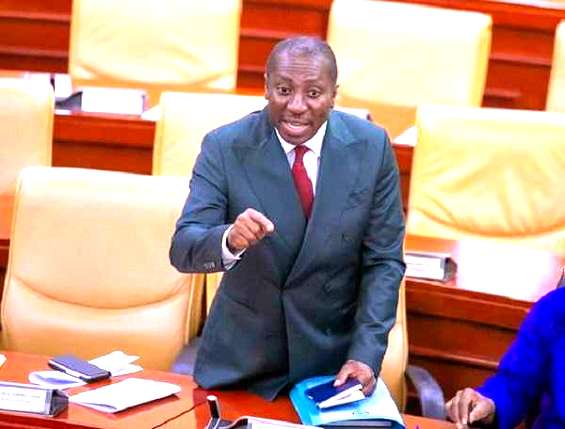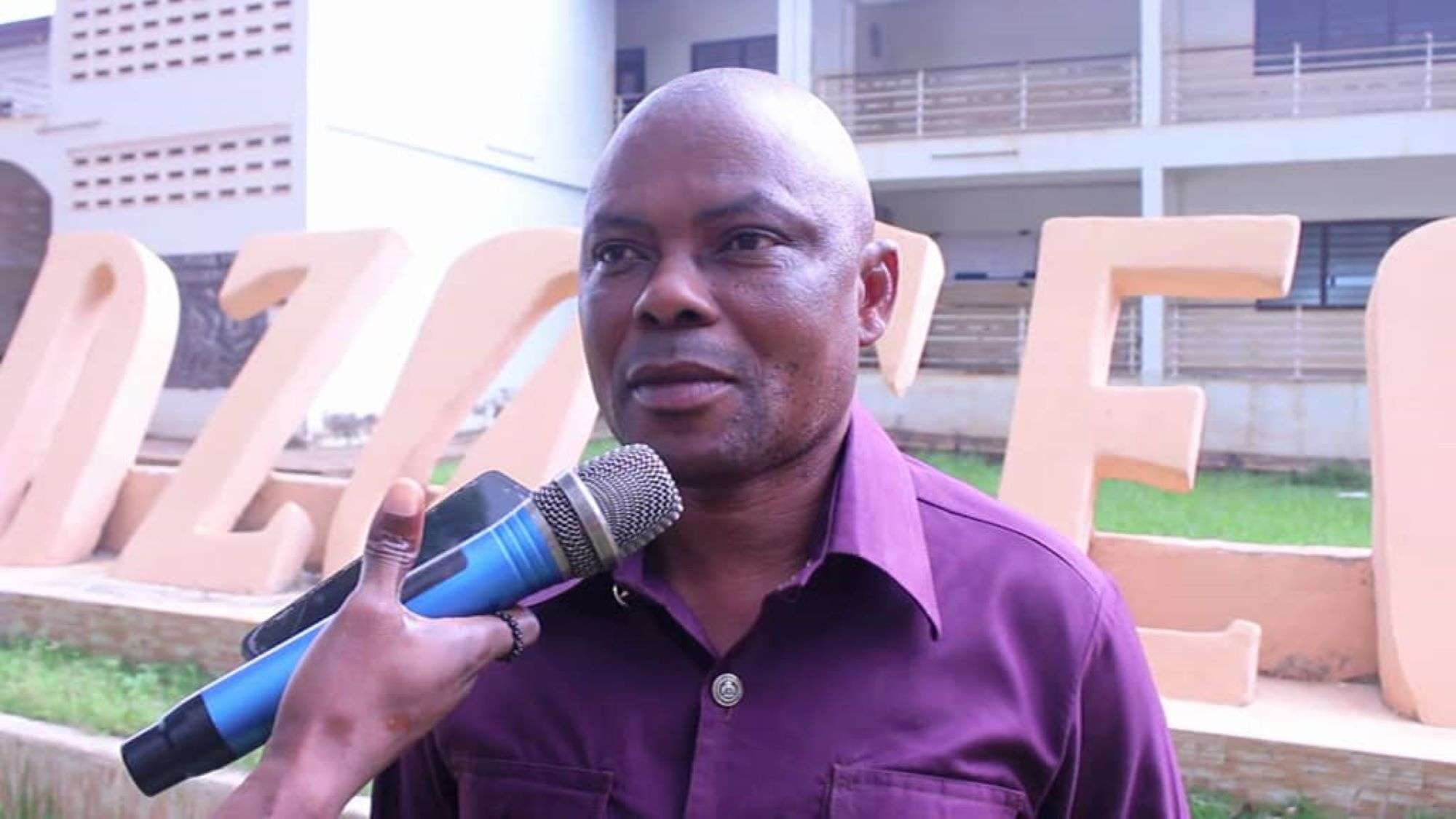President Nana Addo Dankwa Akufo-Addo has accused the erstwhile National Democratic Congress (NDC) administration of bequeathing a collapsed financial sector to the New Patriotic Party (NPP) government.
His administration, he said, inherited a financial sector that was groping on its knees, which subsequently led to the crumbling of the banks and other financial institutions.
According to him, the NPP government have had to conjure GH¢13 billion to pay the 4.6 million to affected customers who are still suffering considerable agony.
He lamented that this is money that the state could ill afford and could have gone to fund the many projects and developments that communities are yearning for.
He stressed that properly utilized, the GH¢13 billion could have worked wonders for the perennial infrastructure deficit.
President Akufo-Addo stated these in the State of the Nation Address (SONA) he delivered in Parliament on Thursday 20th February 2020.
He maintained that government made the right decision in embarking on the banking sector clean-up.
The President pledged that customers of the failed banks and all depositors of the Savings and Loans and Microfinance institutions that collapsed since 2015 will receive their entire deposits once a validation exercise is concluded.
“I am informed the receiver of the Savings and Loans and Microfinance institutions will begin Monday 24th February, making payments to their customers.
“These monies, totalling GH¢5 billion is in addition to the GH¢13 billion being paid to customers of the failed banks”, he added.
He expressed hope that the lessons learnt in the bitter clean-up will serve as a healthy caution to people who jump on unrealistic interest rates on deposits and stressed that such grand pay-up will not be possible again.
President Akufo-Addo gave the assurance that supervisors and management responsible for the failures of these financial institutions will be held accountable and disclosed the process has already started.
He expressed confidence in the corporate governance measures put in place by the Bank of Ghana to mitigate similar bank failures in future.
“Thanks to the banking sector clean-up, today I am happy to say that Ghana’s weak banking sector that we inherited is now well-capitalised, better managed, sound and liquid.”
“Banks are now increasing their lending to the private sector to help propel the transformation of the economy Beyond Aid,” he added.
The President stressed that the economy has also seen massive improvement since the NPP government assumed the reins of governance, which has seen reduced inflation of 7.8%, the lowest level since 1992.
According to him, for the first time in over 40 years, the country recorded a fiscal deficit below 5% of GDP for three years in a row.
“For the first time in over twenty (20) years, the balance of trade (that is the difference between our exports and imports) has been in surplus for three (3) consecutive years.”
“Our current account deficit is shrinking, interest rates are declining, and the average annual rate of depreciation of the cedi is at its lowest for any first term government in the Fourth Republic.”
“Our economic growth has rebounded to place Ghana among the fastest growing economies in the world for three years in a row at an annual average of 7%, up from 3.4% in 2016, the lowest in nearly three decades,” he stated.
President Akufo-Addo stressed that financial agencies have been compelled to upgrade Ghana’s ratings and improve the outlook for 2020 notwithstanding the fact that it is an election year.
This vote of confidence in the current management of the economy, he said, is best illustrated by the successful issue of the longest-dated Eurobond ever issues by a sub-Saharan African country with investors placing US$15 billion of orders for Ghana’s 41-year Eurobond.
He pointed out that the 7-year bond also attracted the lowest coupon rates ever for Ghana at 6.375% compared with 9.25% for a similar bond in 2016.
This impressive performance, he said, led Bloomberg to highlight Ghana as the top candidate for an economic leap in Africa, stressing that this expression of confidence is important because it will lead to enhanced investments in the economy and more jobs










